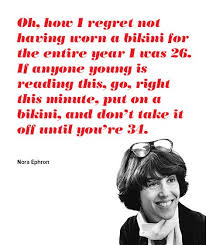Where
do fiction writers get their story ideas? Well, I can tell you where
I did, and based on what I’ve read, many writers take a similar
approach. Here’s the recipe:
-
Take at least one real-life experience.
-
Combine it with headlines (past or present).
-
Throw them into a mental Mixmaster.
-
Add buckets of imagination.
Drug-assisted
sexual assault informs my story as do the headline-making accusations
against Bill Cosby. By mashing up these events with research into
psychopathic behavior and the unsolved Gilgo Beach, Long Island,
serial murders, voilà, a psychological thriller emerges.
Lost
Girls
by New
York Magazine
contributing
editor, Robert Kolker, was especially helpful in its examination of
the murder victims’ lives through interviews with their families
and friends. The first of ten bodies was discovered in December 2010.
All were online escorts who had been strangled, their bodies wrapped
in burlap sacks before being dumped along Gilgo Beach. The consensus
of investigators was that all were killed elsewhere.
Stephen
King has said, “I
get my ideas from everywhere. But what all of my ideas boil down to
is seeing maybe one thing, but in a lot of cases it’s seeing two
things and having them come together in some new and interesting way,
and then adding the question, ‘What if?’ ‘What if’ is always
the key question.”
Here’s
my ‘What if?’:
What
if an employee suspects her company’s CEO of sexually violating a
female co-worker, and a week later sees him among onlookers at the
murder scene of a prostitute?
To
these circumstances, I added the CEO’s fragile wife who also makes
disturbing discoveries about her husband. Stephen King’s brilliant
short story, “A Good Marriage” in Full
Dark, No Stars,
was the inspiration for this character and chilling sub-plot.
I
threw in a handsome detective, charged with investigating the
long-standing serial murders, to add tension–romantic and
dramatic–as the story’s heroine goes down treacherous paths with
shocking outcomes to expose the CEO and validate her suspicions.




